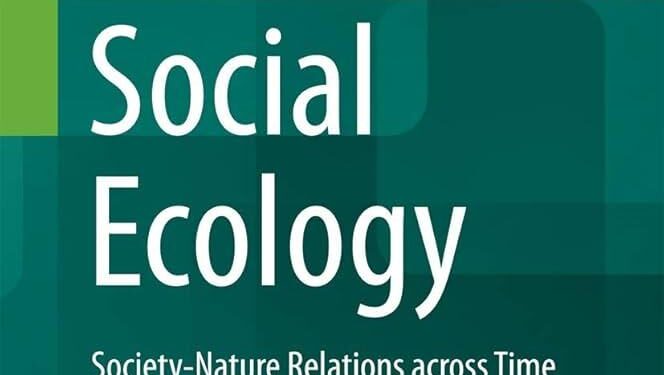Transforming Scientific Discourse: The Shift Towards Gender Inclusivity in Ecology and Evolution
In a groundbreaking development that underscores the increasing dialogue surrounding gender identity and inclusivity within the scientific realm, three leading societies in ecology and evolution have taken the significant step of removing their long-standing “sex definition statement” from their websites. This pivotal decision signifies a transformative approach to understanding the intricate relationship between biological sex and gender. As discussions about gender identity gain momentum across various fields, these organizations are making a courageous move towards creating a more inclusive atmosphere for all researchers. The ramifications of this change extend beyond scientific communities, reflecting an evolving comprehension of sex and gender in modern society. This article delves into the motivations behind this decision, public reactions it has elicited, and its implications for future scientific discourse in ecology and evolution.
Ecological Societies Rethink Scientific Language
The recent removal of the “sex definition statement” by three influential ecological and evolutionary societies marks a notable shift in scientific language usage. This action arises from ongoing discussions regarding how terms like “sex” and “gender” are defined within research contexts. Critics contend that rigid definitions can reinforce outdated perspectives, while proponents advocate for more fluid interpretations that reflect contemporary social realities. By eliminating this statement, these societies acknowledge an evolving viewpoint on how science intersects with societal norms, emphasizing inclusivity as essential to scientific inquiry.
Proponents of this change emphasize several advantages associated with re-evaluating terminology within ecology and evolution:
- Diversity: Welcoming varied identities enhances representation within the scientific community.
- Precision: Updating definitions ensures they align with current understandings.
- Cohesion: Creating an environment conducive to interdisciplinary collaboration fosters richer dialogues.
This shift may be perceived as contentious by some; however, it ultimately encourages broader participation among scientists who can express their ideas in ways that resonate with diverse audiences. By modernizing scientific language, these organizations set a precedent for future conversations about how terminology influences our understanding of biological diversity alongside societal structures.
Impact on Gender Inclusivity in Research Practices
The decision made by three key ecological societies to eliminate their “sex definition statement” represents a crucial advancement toward enhanced gender inclusivity within science. This change not only mirrors an evolving perspective on sex and gender but also highlights the need for research practices that accurately represent diverse populations. By discarding restrictive definitions, these organizations pave the way for increased participation in research endeavors—ultimately fostering innovations reflective of complex biological systems.
As researchers navigate this new landscape, it is vital to consider how embracing gender inclusivity can enrich research outcomes while enhancing overall discourse within science. Important considerations include:
- Utilizing Inclusive Language: Employing terms that acknowledge diverse identities creates an inviting atmosphere.
- Establishing Training Initiatives: Offering education on inclusive practices empowers researchers to engage thoughtfully with subjects related to diversity.
- Diverse Research Teams: Promoting collaboration across different genders leads to varied insights resulting in comprehensive investigations.
Navigating Challenges & Opportunities in Scientific Communication Regarding Biological Sex
The recent choice by three prominent ecological societies to remove their “sex definition statement” sheds light on both persistent challenges as well as emerging opportunities present within scientific communication concerning biological sex issues. This action reflects heightened awareness regarding complexities surrounding sex/gender discourse amid shifting social dynamics influencing academia today.
As these organizations confront changing terminologies alongside evolving concepts they encounter obstacles such as:
- Misinformation Risks:The potential misinterpretation by media or public could lead towards confusion around critical topics related biology/identity issues;
- Tension Within Community:Debates over biological classifications often create divisions among scientists themselves;
- Sourcing Funding:Organizations might struggle securing resources if perceived controversial stances arise due debates over definitions;
This removal opens avenues toward more inclusive dialogues about adapting frameworks used scientifically alongside societal comprehension levels which creates opportunities such as:
- Pursuing Engagement:Clarifying terminologies while embracing broader understandings fosters open discussions amongst peers;
- Evolving Public Education:Providing accessible information mitigates confusion improving general knowledge around complexities inherent biology itself ;
- Encouraging Interdisciplinary Collaboration:Engaging experts from sociology anthropology etc enriches perspectives leading deeper insights into phenomena studied ;










